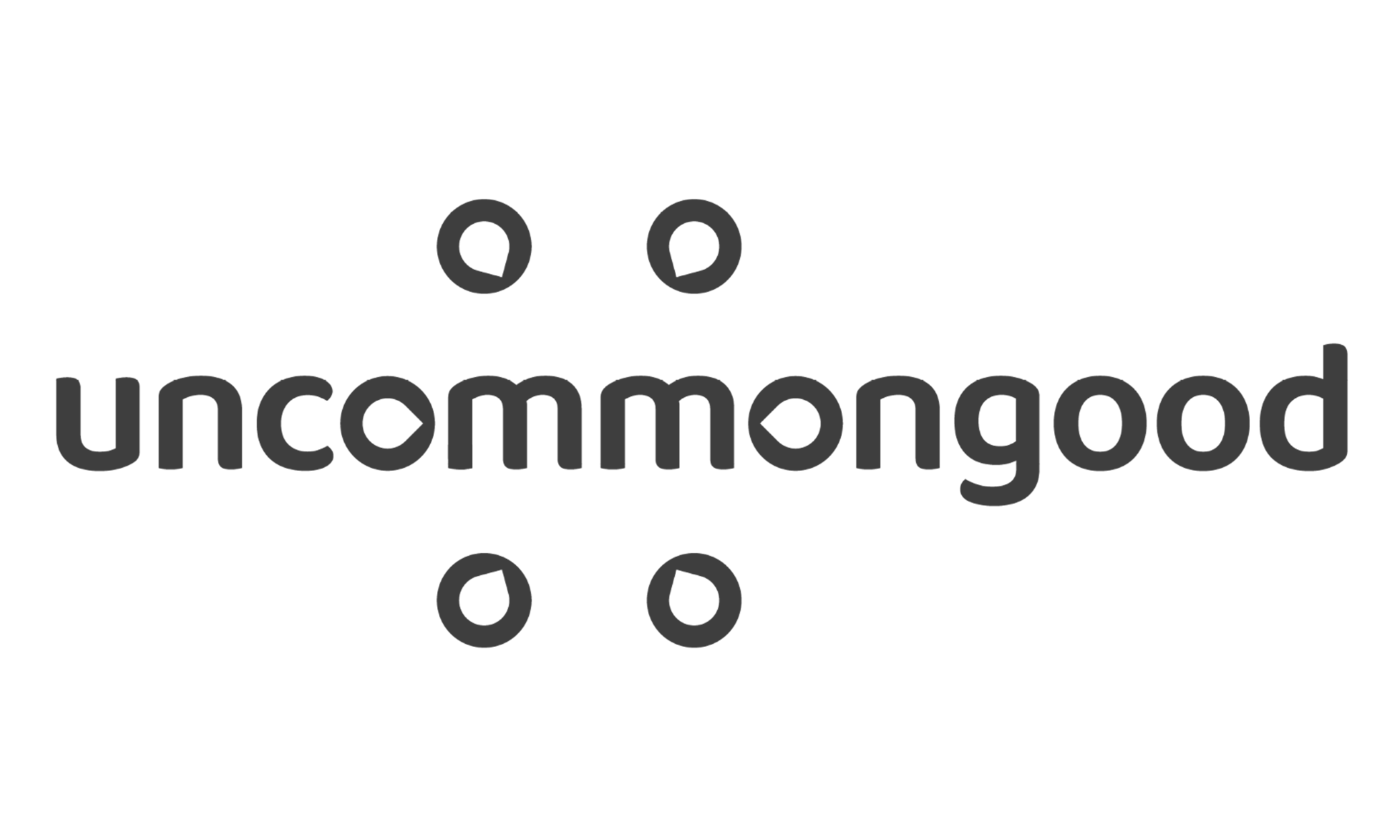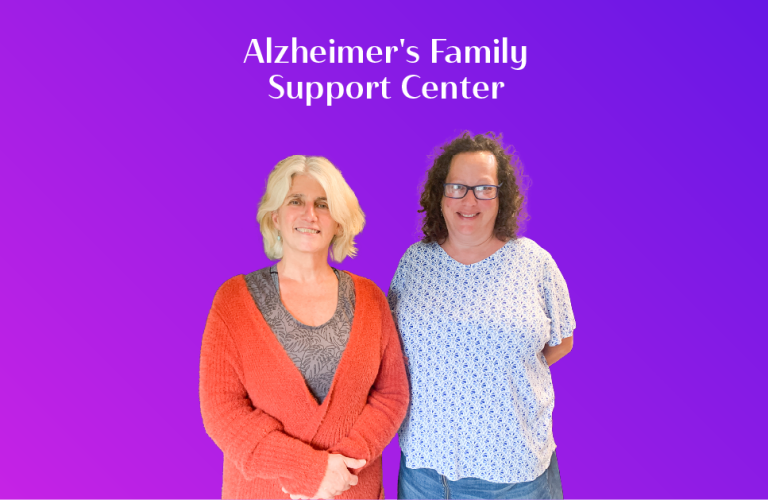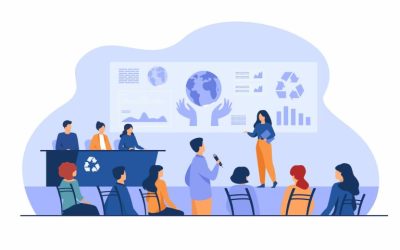It’s no secret that I believe in the power of storytelling to make a change. I’ve seen stories connect people to other people, to ideas, to movements — and I’ve seen those stories shape impact beyond what was thought possible. UncommonGood was founded on and is guided by stories, one of which is especially close to my heart.
Meet the Nonprofit that Inspired UncommonGood
The Alzheimer’s Family Support Center of Cape Cod is a nonprofit that’s impacted my family — and thousands of others — as we navigated my father’s diagnosis and care. Not only has the organization supported more than 10,000 Cape Cod families, individuals, and caregivers living with Alzheimer’s and other dementia-related illnesses, but they also do so with a lean team and limited resources. AFSC only has three full-time staff members and around 15 volunteers running the organization day-to-day — a sizable feat for a small nonprofit offering its daily services for free to families in need.
One of the things I’ve been most impressed with throughout my experiences with AFSC is their ability to preserve humanity in the work they do every day. Each family’s story guides the AFSC to lead with empathy and individualized care, which produces personalized and authentic services for everyone they serve.
AFSC workers know the road of dementia-related illnesses is a long and hard one — and they’re prepared to walk alongside you, even when it seems too difficult to do so. They’re able to diffuse any problem that might arise, and provide an ultimate safe place for families like mine. Especially in the advanced stages of the disease, there are complexities and stressors for caregivers and patients alike that are near impossible to diffuse. And even still, the AFSC handles them with grace. With each family’s history and individual experience at the forefront, the organization leads with compassion, and their organization (and the people they serve) is stronger for it.
How the Alzheimer’s Family Support Center Got Started
I recently sat down with the co-founders of this incredible organization, Dr. Molly Perdue, Ph.D., and Melanie Braverman, to hear in their own words more about what they do, the “why” that drives them, and what their work will look like in a post-pandemic world.
Melanie and Molly both felt the impact of an Alzheimer’s diagnosis when Molly’s mother came to live with them in her last years. During that time, they were forced to learn the unfortunate reality of cognitive loss, and what caregivers could use to be supportive and feel supported themselves. At the same time, Melanie and Molly also welcomed two children, all while Molly finished her dissertation on issues faced by dementia caregivers and worked as the Director of Family Services for a larger Alzheimer’s organization.
Faced with life changes and stressors of her own in addition to those of her mother, Molly found the idea for the AFSC. At a breaking point, Molly walked around town with her mother, who had the added pain of a recently broken foot.
“I’m trying to coax my mother to take some steps in her boot, and she is really cursing me out,” Molly shared. “And it’s one of those moments where I thought, if I get out of this caregiving alive — if my head does not just pop off from the pressure — there has to be something that we do about helping families dealing with Alzheimer’s.”
Without any startup money and only a small personal loan to build the center, Molly and Melanie got to work and began creating the needs-based care model that has been sustained ever since.
AFSC’s Services and Programs
As they’ve built the AFSC, Molly and Melanie have leveraged their strengths and talents to improve the quality of programming for caregivers. Melanie, who has an arts background, acts as the center’s cultural director. Programs like a multigenerational chorus with Alzheimer’s patients and elementary school children foster connections with people through music. And oftentimes, the chorus concerts are how people first learn about the AFSC’s services.
“We’re doing evidence-based programming,” Melanie shared. “It’s easy to conflate free with lack of rigor, or creativity with lack of conventional programs. But we walk the line between both of those things. And so it makes what we’re doing really interesting in that regard, because we’re occupying spaces that a lot of organizations can’t occupy.”
This unique balance of services extends beyond their programming, too. The AFSC also pays special attention to the kind of educational services and training offered to caregivers. Typically, education is offered to family caregivers, but that education provides no respite for the caregivers — who often can’t leave their family members alone to attend. Melanie and Molly saw this gap and closed it — creating a companion program for those wishing to use their services. Every time the AFSC teaches a class or offers a conference or support group, there are professionals on standby who can provide reliable care for loved ones in the interim.
In the future, Molly and Melanie hope to develop a more robust drop-in center, so caregivers can bring their family members in and care for themselves, too.
“This is how neighbors used to function,” Melanie shared. “‘I’m getting a root canal. It’s going to take three hours. Can you hang out with my husband?’ The answer is ‘Yes. We can. Go to the dentist. You’ve got enough to worry about. Don’t worry about this for three hours.’ And that’s a huge deal for somebody.”
The AFSC’s Impact
For my family, it was a Herculean deal. Having been on the caregiving side of Alzheimer’s and watching my dad around the clock, I see how validating and supportive a service like this is. And to offer it for free to families is more than incredible. From services to support groups and education, everything the AFSC is doing impacts so many families daily.
“There’s no logical reason that what we do doesn’t exist everywhere. It is not that we have somehow invented a special wheel that is different from every other wheel,” Molly shared. “We’re taking what we’ve already been shown works and putting it out there with our twist on it and making it work for a lot of people.”
One of the many ways they helped my father was by giving him a sense of purpose. One of the AFSC’s support groups allows people they serve with dementia to get involved in the organization themselves — by sending mailers, volunteering at center events, and more. My highly intelligent father struggled with Alzheimer’s and ADD, and engaging in a project like sending out an 8,000-piece mailing made a huge difference in calming and focusing him.
Work like this is a constant reminder that a cognitive loss diagnosis is not the end for someone, or someone’s loved ones.
“I had somebody in one of my groups the other day, [and] we’re talking about, as we often do, cognitive impairment as a disability. And finally, he said, ‘I think we should stop using the word disability.’ And I’m like, you’ve got a point there,” Melanie shared. “He’s so empowered… He doesn’t want to feel disabled either. He just wants to be who he is. He wants to carve out a place in the culture where he can be who he is, and do what he needs to do.”
The AFSC continues to shift that perspective and support both the caregiver and the patient. They’re not only offering necessary education and programming — they’re giving the gift of genuine connection and care to each person they serve.
Why UncommonGood?
I built UncommonGood because I wanted to give back to organizations like the AFSC. There’s no doubt that they are driving remarkable change with the limited resources they have — but what if they had the same kind of support they’re giving?
UncommonGood seeks to close those gaps and propel the impact of organizations like the AFSC — through fundraising tools, value-driven sweepstakes, volunteer opportunities, branding support, and more. We know that at the heart of these mission-driven organizations are stories: compelling, unique, and often complex stories that have helped build the change they’ve achieved to date. So at UncommonGood, we use our tools and services in service of stories — streamlining logistics, fundraising, and branding support to ensure that above all, an organization’s mission is prioritized and at the forefront of its work.
I’ll always be grateful for what the AFSC has given my family as we care for my father, and I want to help them grow their cause and introduce their amazing work to the world through the resources UncommonGood has to offer.
Especially in a post-pandemic world, organizations like the AFSC need us now more than ever.
“What’s happened since COVID is we’ve gone backward,” Molly shared. “Eight programs have shut down. Things have stopped being available for families. And so now we have to rebuild all that.”
Visit the AFSC’s website to learn more about their incredible work and programs, and join me in supporting this incredible cause. Looking to get involved with a nonprofit near you?




